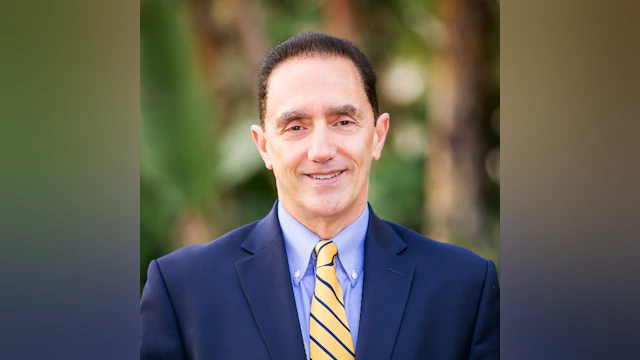The American Foundation for Suicide Prevention condemns racism, and we are actively working to eliminate injustice in our field of mental health and suicide prevention. As an organization, we acknowledge that institutional racism, systemic poverty, blatant discrimination, and unconscious bias impact the daily lives of Black families, and that this directly impacts their mental health. We are committed to addressing the disparity in mental healthcare access, advocate for ending these disparities, and stimulate new suicide research to support the Black community. Suicide and mental health issues do not discriminate, and so it is imperative that we take an uncompromisingly anti-racist approach to improve access to culturally informed, evidence-based quality mental health care.
We are dedicated to a process of change knowing that long-term, sustained efforts are needed. Over the past month, the AFSP family has reflected on what we can do to affect positive change in diversity and inclusion.
AFSP is taking the following initial steps:
- Improving Cultural Competency and Organizational D & I Practices. At AFSP, we are listening, learning, and improving upon our organizational diversity and inclusion, so that we better reflect the communities we serve.
- As a first step, we are implementing a cultural competency training curriculum for our staff by end of year and will extend that training to Chapter volunteer leaders by 2021.
- Launched in 2018, we are expanding on our recruitment policies to increase diversity on our National and Chapter boards to better reflect the communities we serve. A Diversity Chapter Taskforce is actively working to help accomplish this goal.
- Building Partnerships and Program Implementation. We are launching a renewed effort to collaborate with external experts and organizations from underrepresented groups to help us address implementation of the goals and strategies on diversity and inclusion as outlined in our three-year strategic plan. We are in early conversations with several organizations and intend to launch our first partnerships in the coming months.
- A Diversity Programs Taskforce was organized in 2019, and is actively working to ensure that our educational programs for the Black community and other underrepresented groups are both culturally informed and evidence-based.
- Stimulating and Funding Research Related to Underrepresented Racial and Ethnic Groups. With the support of AFSP’s Scientific Council, for the 2020-2022 AFSP Research Grants Cycle, we are including a new Priority Focus Area for suicide research related to underrepresented communities, health and mental health disparities and inequities, as well as researchers from underrepresented groups who are proposing research on understanding and preventing suicide.
- Elevating the Voices in Our Field with Expertise in Diverse Communities. We are convening leading experts in mental health and suicide prevention from diverse communities to help elevate voices, improve public understanding of their range of experiences, and support their unique needs.
- Elevating Voices for Long-Lasting Change: An AFSP Virtual Town Hall Series takes a closer look at mental health and suicide prevention in underrepresented communities.
- The first town hall in the series, “Mental Health in the Black Community” focuses on the role of family alongside mental health programs and statewide services that are making mental health and suicide prevention an imperative.
- The second town hall in the series, “Supporting Mental Health in Communities of Color: Ways Forward” focuses on disparities and solutions, the role of community as well as mental health programs and services that are making mental health and suicide prevention a priority for Communities of Color.
- Elevating Voices for Long-Lasting Change: An AFSP Virtual Town Hall Series takes a closer look at mental health and suicide prevention in underrepresented communities.
AFSP remains dedicated to addressing mental health and suicide prevention needs within underrepresented communities and we are committed to using our national platform to protect the mental health of the Black community. This is just the start; we have much more work ahead of us and are committed to a long-term effort to change our culture and reverse the impact of systemic racism within the field of mental health. We all have a role to play and I invite individuals, communities, organizations, and thought leaders to join us in our efforts to create long-lasting changes in mental health equity and to prevent suicide amongst underrepresented communities.
